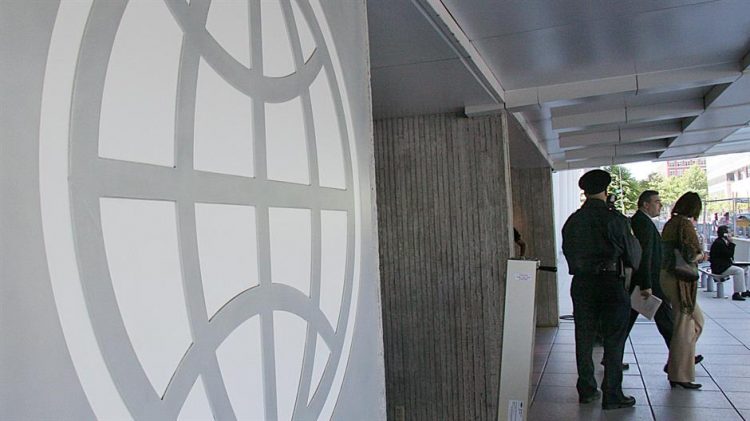
The World Bank in Sarajevo stated in its latest Regular Economic Report, Spring 2018, that the GDP growth in the region of the Western Balkans decreased by 3.1 percent during 2016. According to the report's forecasts, the growth will recover in 2018 and reach 3.2, while in 2019 it is expected to reach 3.5 percent.
“The trend we are recording in the region is positive,” said Linda Van Gelder, the World Bank's Regional Director for the Western Balkans. She added that more and more people were getting jobs and salaries are slowly increasing.
The World Bank emphasized that strong winter conditions led to increasing import of energy, and that huge infrastructural projects required more equipment from abroad. It all resulted in lower growth estimates for 2017, compared to the previous year – from 2.6 to 2.4 percent.
It was noted that the GDP growth between three and 4.4 percent in Albania, Bosnia, Kosovo and Montenegro was a consequence of unaccomplished growth in Macedonia, and a poor growth of 1.9 percent in Serbia.
Overall outlook is positive as the growth in Serbia and Macedonia is recovering, while Bosnia and Kosovo are increasing the investments. The growth in Albania and Montenegro is decreasing due to huge investment projects, read the report.
As for the unemployment rate in the region, the report read that it dropped by 5.6 percent in 2017, while the youth unemployment rate declined to 31.4 percent.
The World Bank's economist in Bosnia Sandra Hlivnjak warned that the unemployment issue poses “the chronic problem of Bosnia's economy and this is something the country must face.”
In order to create new jobs, Hlivnjak said, it is necessary to make more significant rate progress.
“It is necessary to work on implementation of the Reform Agenda. What we see as the largest risks are upcoming elections. It is our message to get back on the tracks of reforms,” Hlivnjak added.
The World Bank's Country Manager for Bosnia and Montenegro Emanuel Salinas said that they already started working with both entities in Bosnia on implementation of programmes of support to employment, which should result in some 30,000 of jobs. “Even if we achieve this success, as we expect, it will not be enough. We see the opening of larger number of jobs and better jobs as the biggest challenge the country should face,” Salinas underlined.




